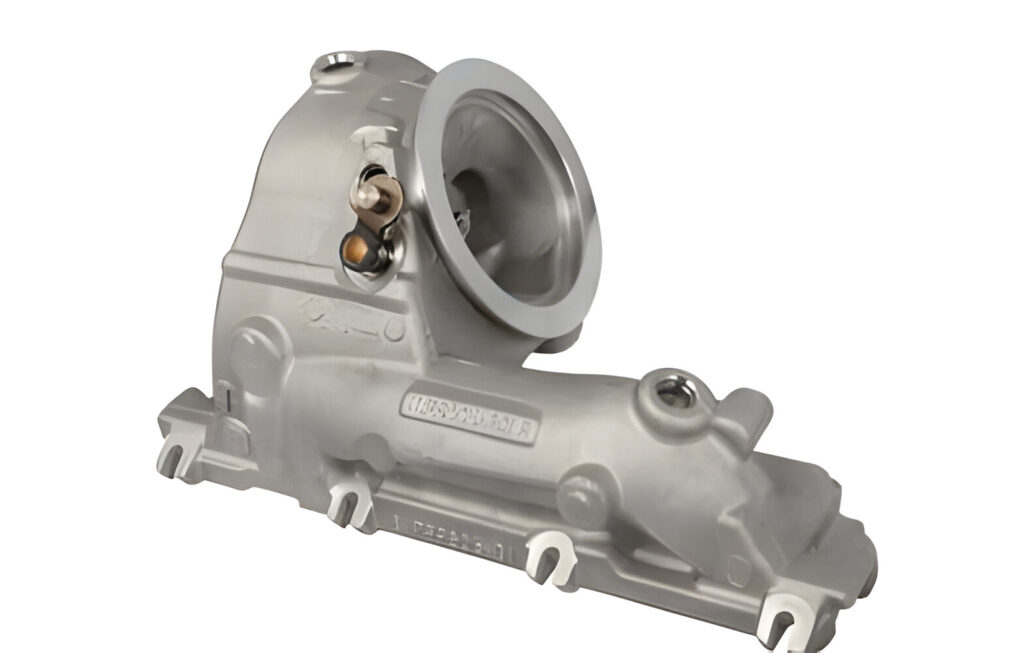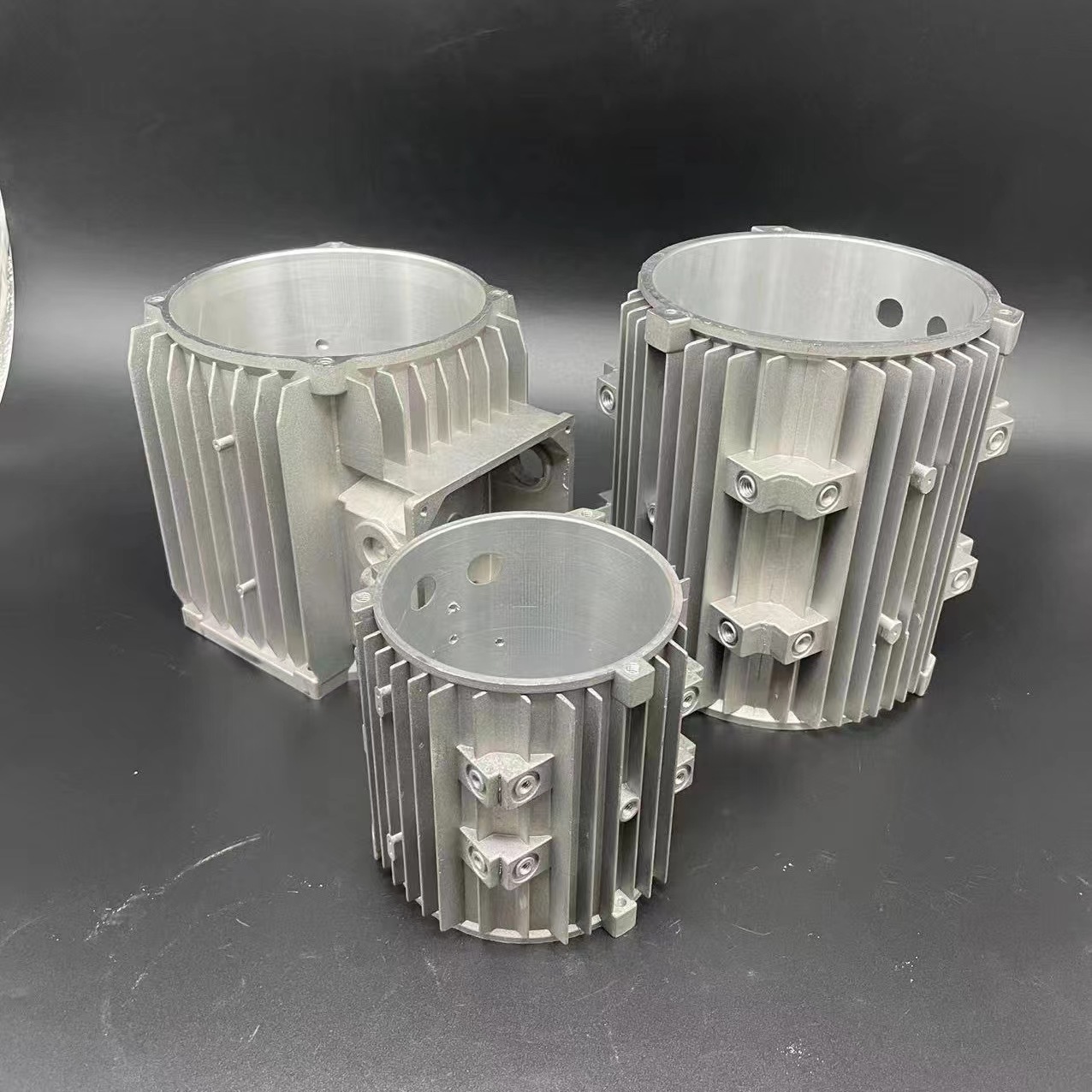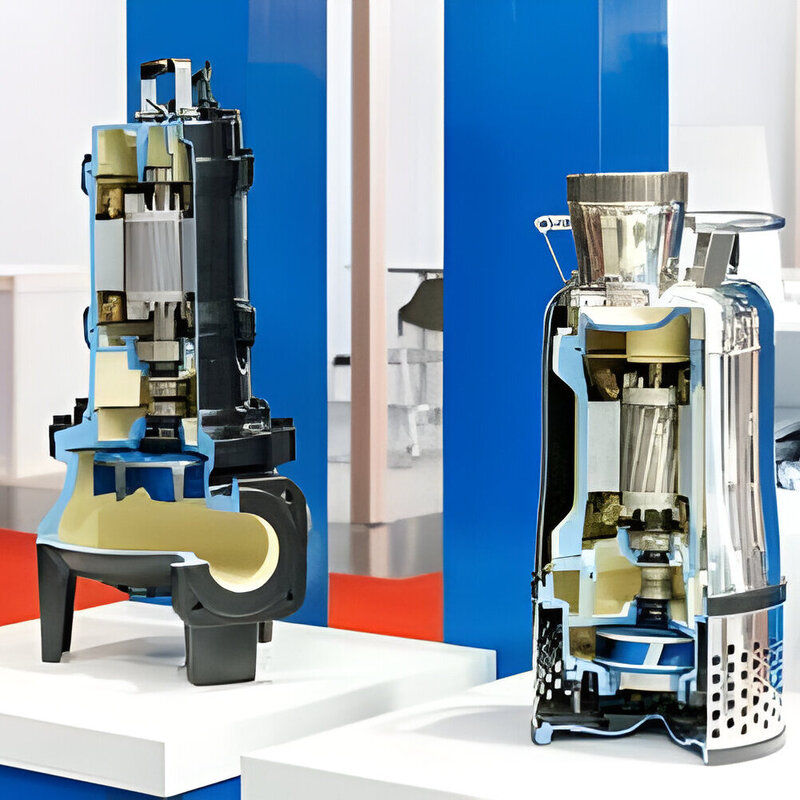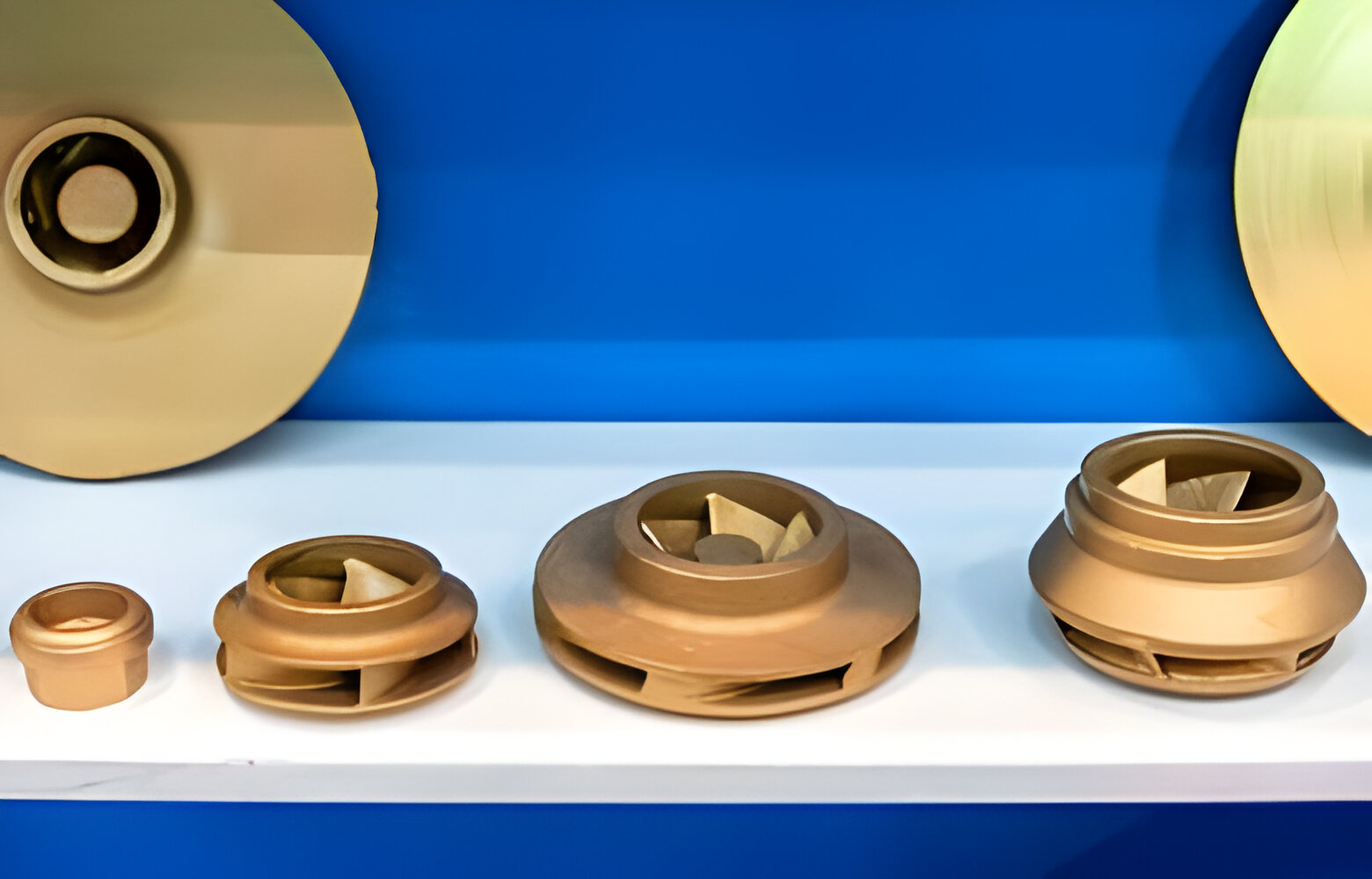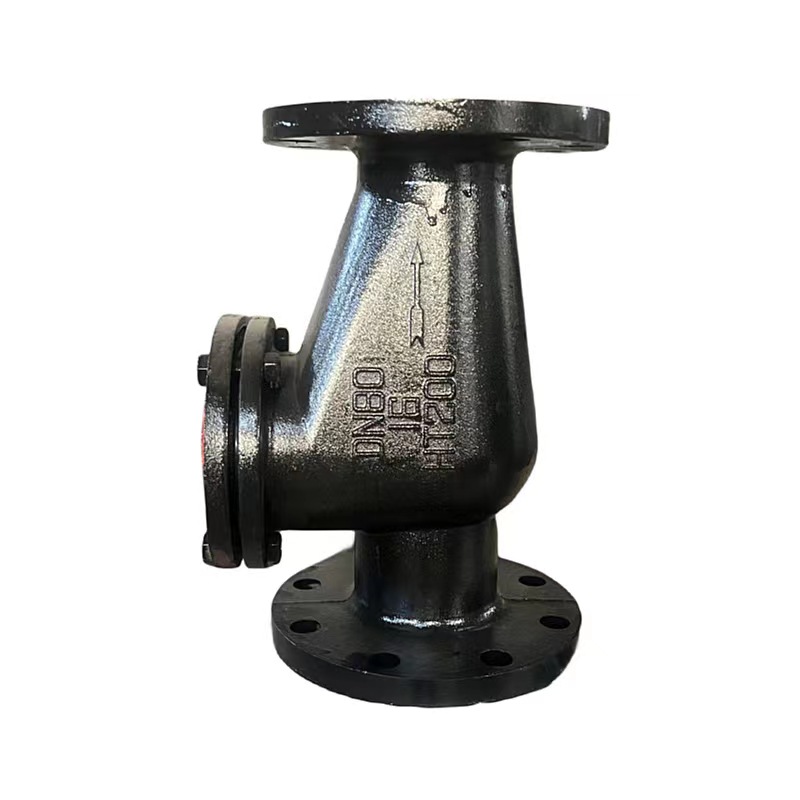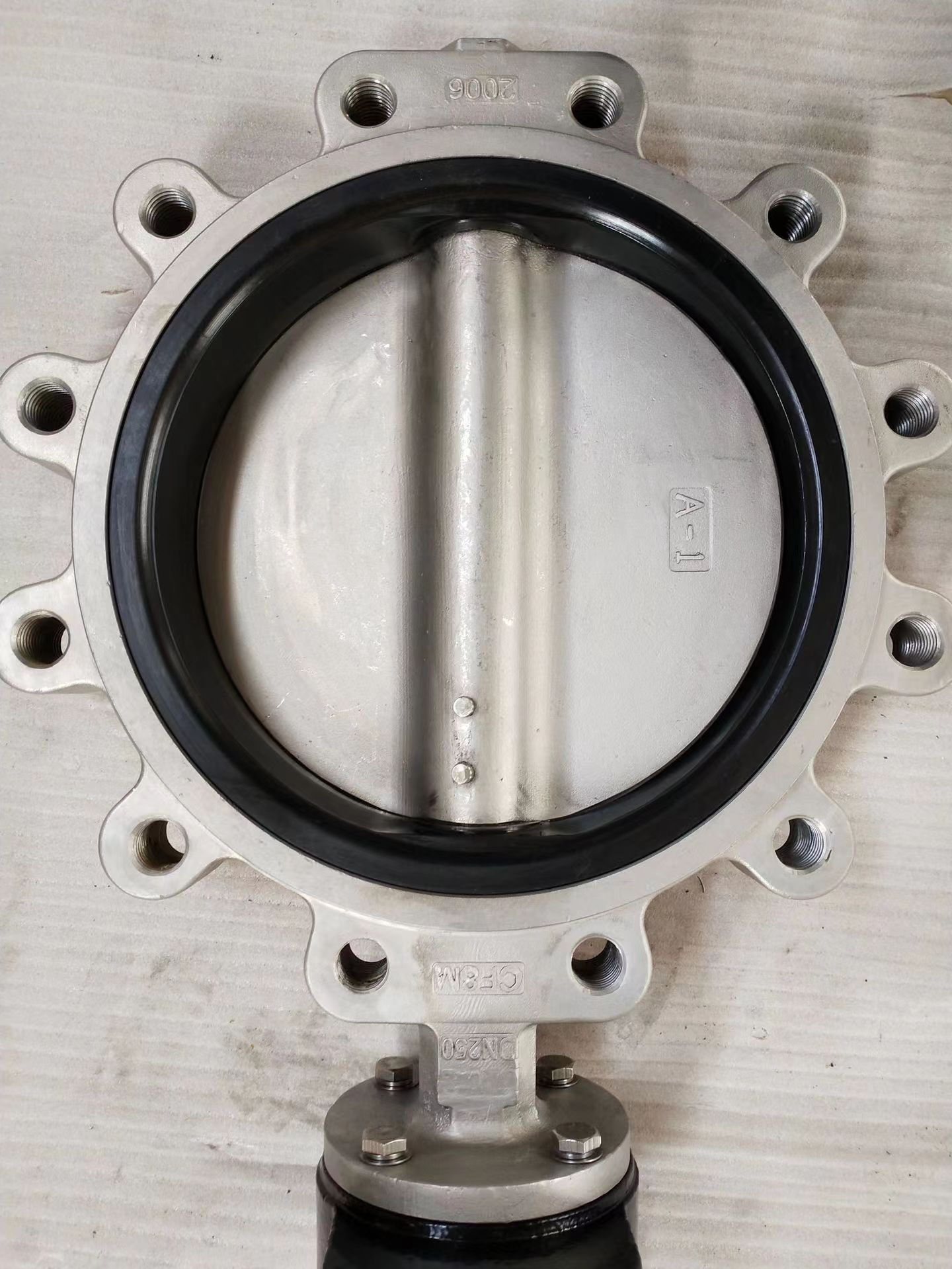The exhaust manifold, a critical component of any vehicle's engine, plays a pivotal role in ensuring efficient engine performance and emissions control. Recognizing the right materials and manufacturing techniques is essential for both manufacturers and consumers. This article delves into the nuances of cast iron and stainless steel exhaust manifolds, highlighting their applications, advantages, and what sets top suppliers like KT Foundry apart.
Materials and Manufacturing
Cast iron has traditionally been the go-to material for exhaust manifolds due to its durability, excellent heat resistance, and cost-effectiveness. Through processes like sand casting, manufacturers can create complex shapes and sizes, making cast iron a versatile choice for various automotive applications. However, stainless steel is increasingly preferred for its superior corrosion resistance and longevity. Stainless steel exhaust manifolds, especially those made from high-grade alloys, can withstand extreme temperatures and are less prone to rusting, making them ideal for high-performance and turbocharged engines.
Applications and Scenarios
Exhaust manifolds are crucial in directing exhaust gases from multiple cylinders into one pipe. In performance vehicles, the design of a stainless steel turbo manifold is critical as it impacts the turbocharger's efficiency and, consequently, the overall engine performance. Manufacturers like KT Foundry ensure that their products meet the stringent requirements of both everyday road use and high-stress racing environments. Whether it's a robust cast iron manifold for a heavy-duty truck or a finely tuned stainless steel manifold for a sports car, the application dictates the material choice and design.
FAQs and Product Insights
What is the benefit of using stainless steel for exhaust manifolds? Stainless steel offers excellent resistance to heat and corrosion, which prolongs the manifold’s life and maintains engine efficiency. It's particularly beneficial for turbocharged engines where high temperatures are common.
Can cast iron exhaust manifolds be repaired? Yes, cast iron manifolds can be welded and repaired, although the process requires specific techniques and expertise to prevent further cracking. Stainless steel manifolds, while more durable, can also be repaired if needed.
How do I choose between cast iron and stainless steel? The choice depends on the specific needs of your vehicle and usage conditions. Cast iron is suitable for standard, non-turbo engines or where budget constraints are a priority. Stainless steel is preferable for high performance or vehicles operated in harsh environments.
Choosing the right exhaust manifold involves understanding the specific requirements of your vehicle and the benefits each material offers. KT Foundry is committed to providing high-quality cast iron and stainless steel exhaust manifolds tailored to meet diverse needs. With advanced manufacturing processes and a focus on innovation, we ensure that our products set industry standards.
For inquiries or to view our extensive range of exhaust manifold products, visit our website at kt-foundry. Our team is ready to assist you in selecting the best solution for your vehicle, ensuring optimal performance and durability.

